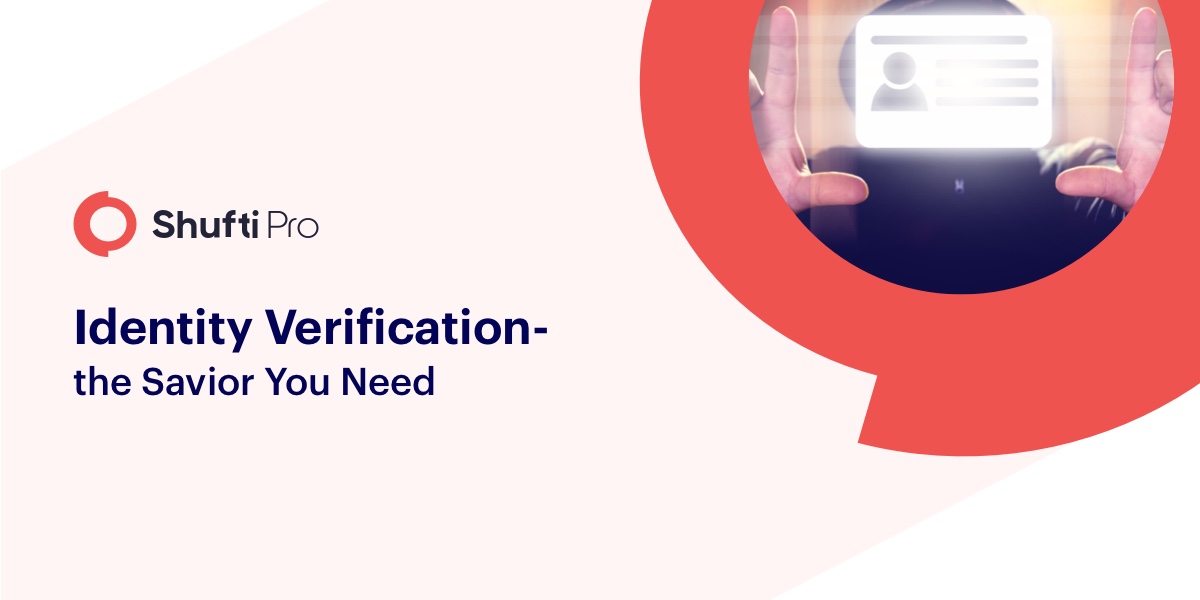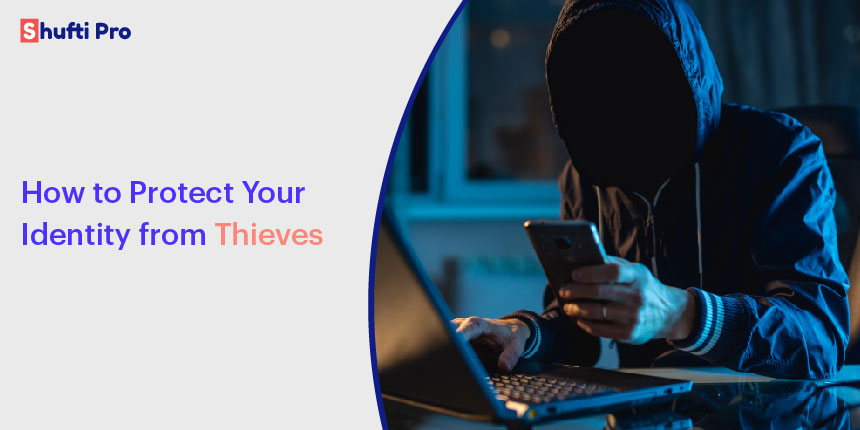Blogs
Your source for the latest Blogs and expert insights
The Top 10 Most Difficult Countries for Identity Verification
The Top 10 Most Difficult Countries for Identity Verification
Download ReportProducts
Solutions
Download the latest Whitepaper.
Get now for freeResources
Get the latest insights from industry experts.
Subscribe to our newsletterCompany

Awarded Best Customer Service 2023
View all awards
Thank you for your demo request
We appreciate your interest and look forward to discussing how our solution can meet your needs. Expect to hear from us shortly with scheduling details.
Closeus
216.73.216.162
Your source for the latest Blogs and expert insights
Secure your business, achieve compliance, and accelerate growth effortlessly with our cutting-edge digital identity verification solution
ROI CalculatorStay ahead of the curve with fresh takes on the latest identity innovations.
Get in touch with our experts. We'll help you find the perfect solution for your compliance and security needs.
Contact us




